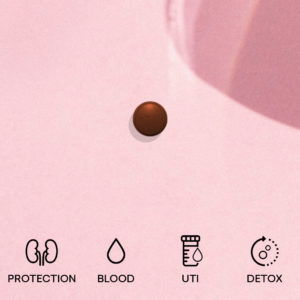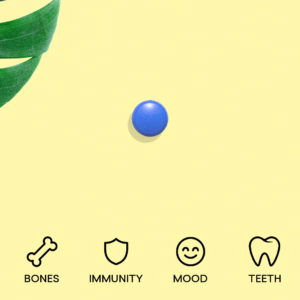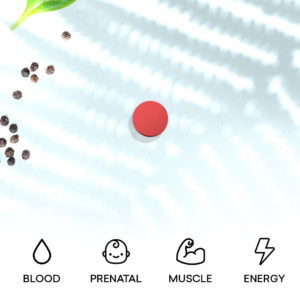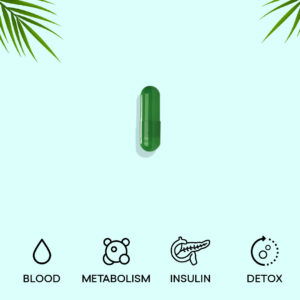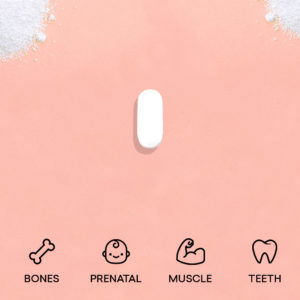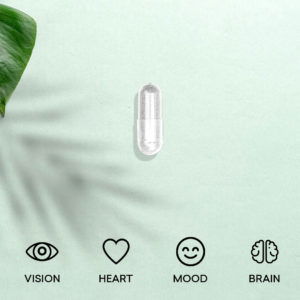The thyroid is really a small butterfly-shaped gland that sits in front of the trachea or windpipe. It’s accountable for producing thyroid hormone (T4 and T3), which can be associated with regulation of metabolism, bowel function, heart rate, temperature sense, menstrual regularity, and other functions. The thyroid is controlled by the pituitary gland in the brain. The pituitary gland produces Thyroid Stimulating Hormone (TSH), which controls the secretion of hormone from the thyroid gland.
Hypothyroidism is the result of a condition called Hashimoto’s thyroiditis, in which a patient’s immune system attacks and destroys the thyroid. Hypothyroidism can be caused by treatment of hyperthyroidism or by certain medications, and it might be present from birth. The thyroid can temporarily become underactive after pregnancy or when it is inflamed due to a viral infection. Finally, a problem with the pituitary gland could cause hypothyroidism.
Signs and symptoms of overactive thyroid function or hyperthyroidism may include racing heart, tremulous hands, intolerance to warm temperatures, sweating, weight loss, escalation in appetite and loose stools. These symptoms are non-specific and may be because of other issues if thyroid levels are within normal limits. The key factors behind overactive thyroid or hyperthyroidism are an autoimmune condition called Graves Disease, toxic single nodule or multiple toxic nodules, or a transient inflammation of the thyroid gland called thyroiditis. Identifying the underlying reason behind hyperthyroidism is essential as each condition is managed differently. Management of thyroid may include anti-thyroid medication, radioactive iodine, surgery or monitoring.
Hyperthyroidism (overactive thyroid).
Hyperthyroidism is an overactive thyroid condition. As a result, the thyroid gland produces more hormones than the human body needs. These high quantities of thyroid hormone can lead to weight reduction, increased heartrate, and heat intolerance.
The thyroid gland uses iodine to make hormones that help regulate your body’s metabolism including growth and other functions of the body.
The thyroid gland is the sole human tissue that actively absorbs and processes iodine from the diet, usually seafood or iodized salt.


